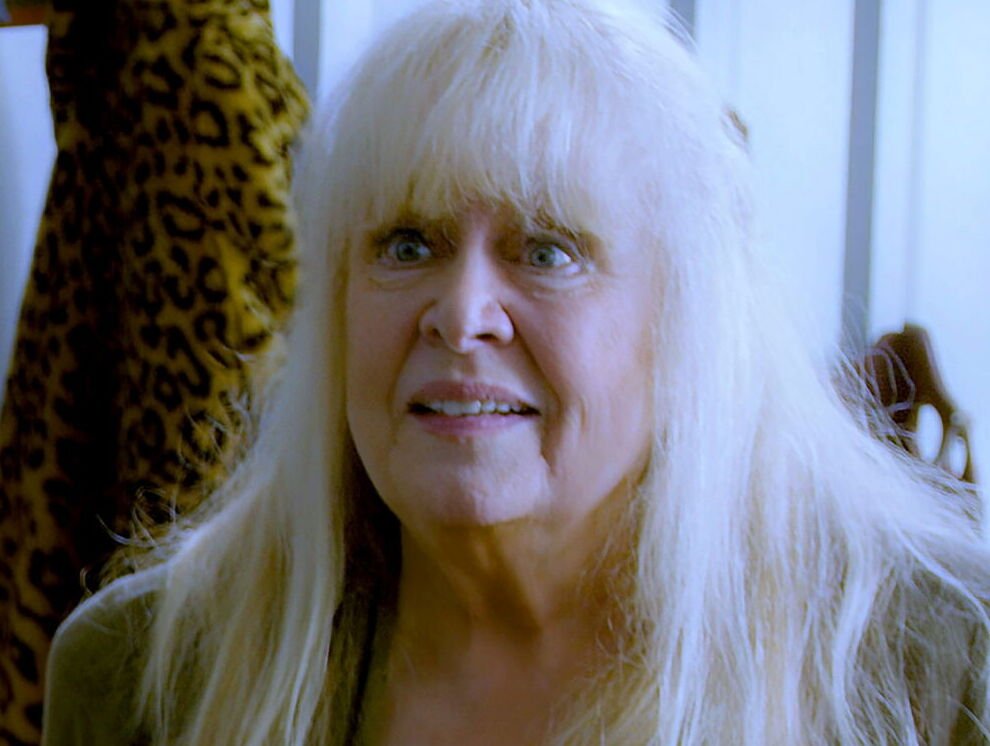Early Life and Education
William C. Rader, a controversial American psychiatrist born in 1938, is famous. His M.D. was from the State University of New York.in 1967. Rader’s early career concentrated on treating eating disorders, a growing mental health sector in the second part of the 20th century.
Entertainment and Personal Life
William C. Rader has entertainment industry contacts in addition to his medical profession. He was married to actress Sally Struthers from 1977 to 1983. His marriage made him famous, and they had Samantha Struthers Rader. Rader worked on various television programs, including “All in the Family” (1971), “…and Your Name Is Jonah” (1979), and “Intimate Strangers” (1977). These associations strengthened his medical and entertainment careers.

Transition to Stem Cell Therapy
Rader launched Stem Cell of America in 1995, changing his profession. He began working in the controversial and uncontrolled field of fetal stem cell therapy. Rader founded multiple offshore clinics that injected human fetal stem cells into sick patients. Despite the absence of scientific evidence, Rader claimed these treatments could treat a variety of ailments, from chronic degenerative diseases to neurological abnormalities.
Legal Challenges and License Revocation
Rader’s stem cell therapy activities had legal and professional consequences. Concerns over his therapies’ legality and ethics led to his medical license revocation in 2014. Authorities pursued this action owing to his unproven treatments and the hazards posed to desperate individuals seeking critical sickness remedies. Rader’s career was distinguished by this revocation, which emphasized the disagreement between modern medical therapies and established medical procedures.

Publications and Public Perception
Despite the controversy surrounding his work, Rader wrote several books, including “Stem Cell Miracle: The Healing Secret from Medicine’s Future That’s Saving Lives Today.” He advocated for stem cell therapy through his writings. His publications and public appearances have divided opinion, with some admiring his pioneering energy and others criticizing his disdain for medical procedures.
The Debate on Fetal Stem Cell Therapy
Rader’s research underscores the medical dispute over fetal stem cell therapy. Stem cell therapy may transform treatment for many disorders, bringing hope where other treatments have failed. Critics warn of the risks of experimental treatments and the ethical issues of using fetal tissue, emphasizing the need for thorough clinical trials and evidence-based therapy.
Legacy and Impact
William C. Rader left a complex legacy. He has challenged standard medical methods with creative ideas. His disrespect for medical rules and the legal actions against him have raised ethical considerations about patient safety and medical practice integrity. His narrative highlights the delicate balance between medical innovation and regulation and the necessity for rigorous scientific confirmation in developing treatments.
William C. Rader’s narrative shows the pros and cons of medical innovation. His successes and controversies continue to spark psychiatry and regenerative medicine debates.














